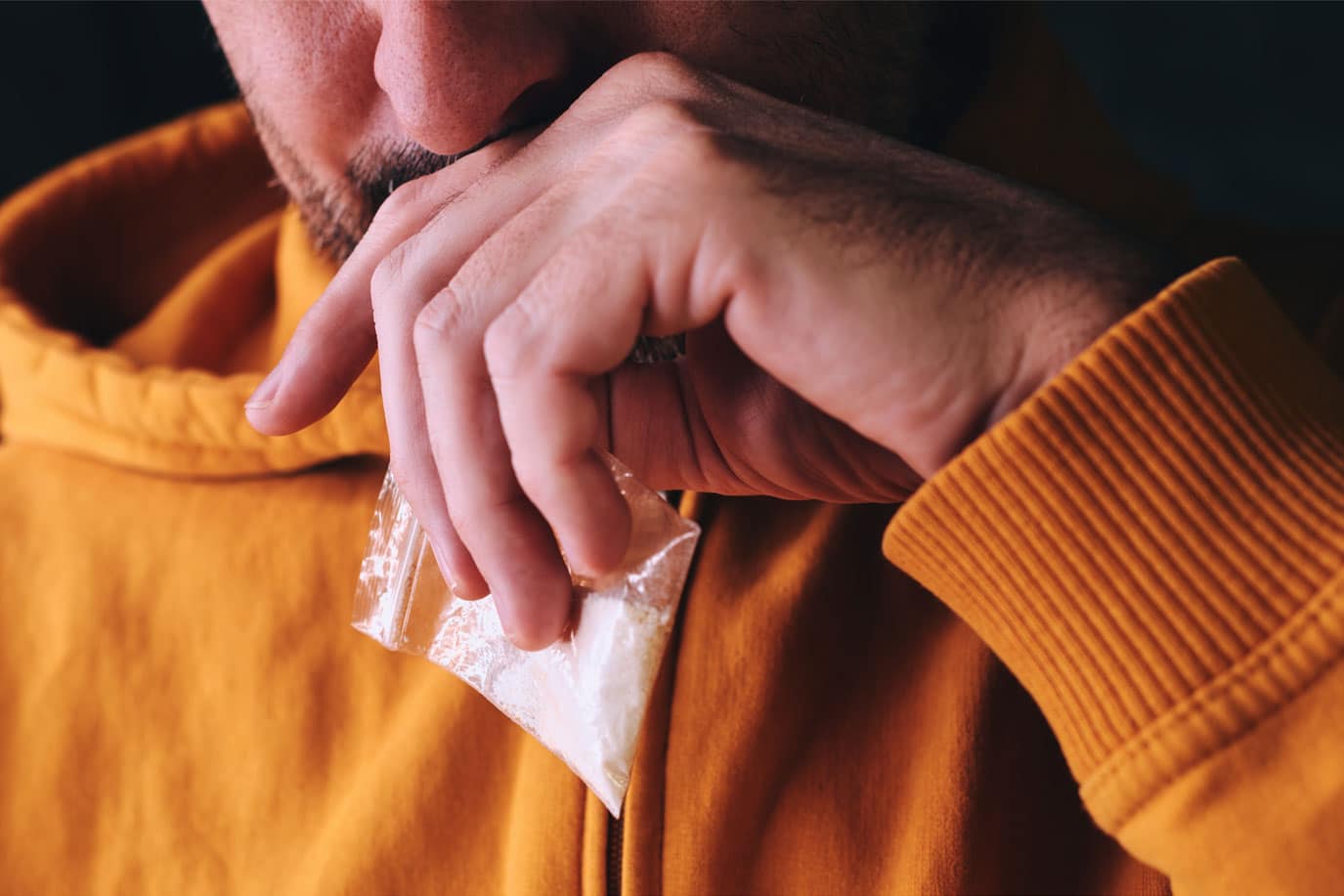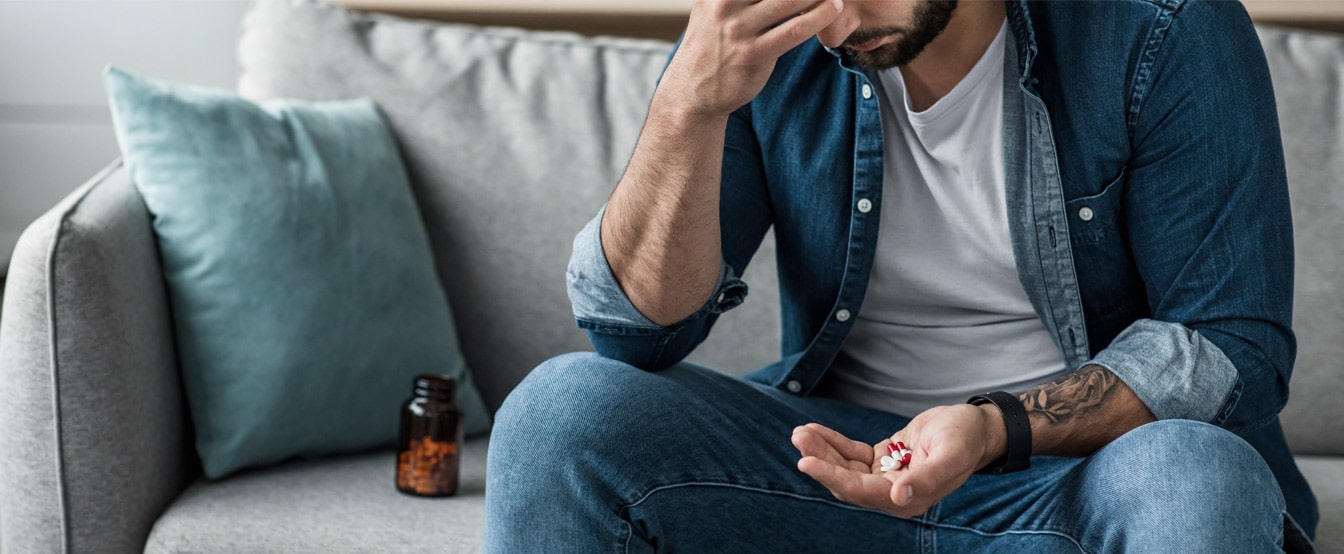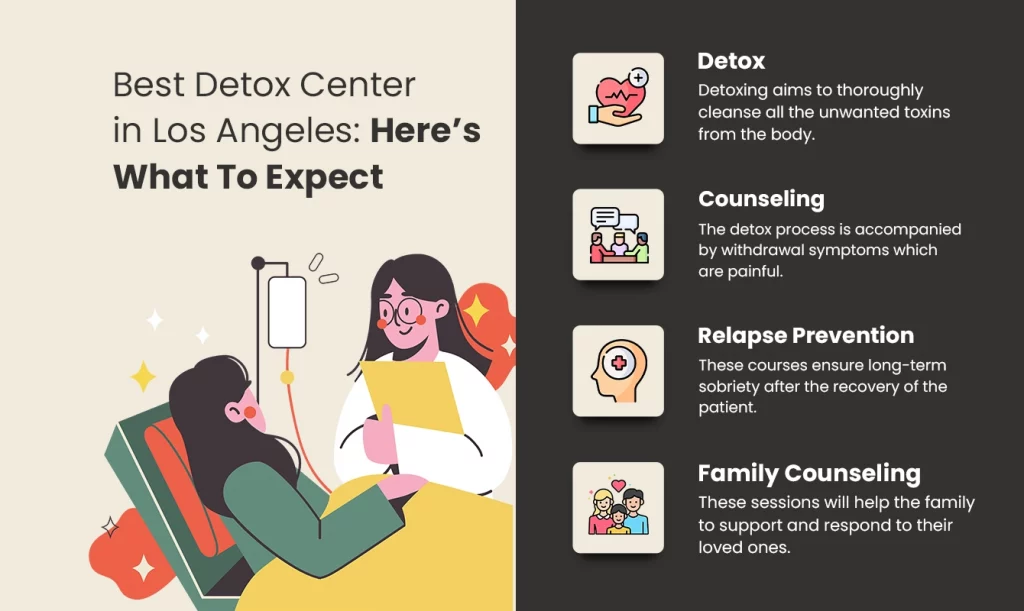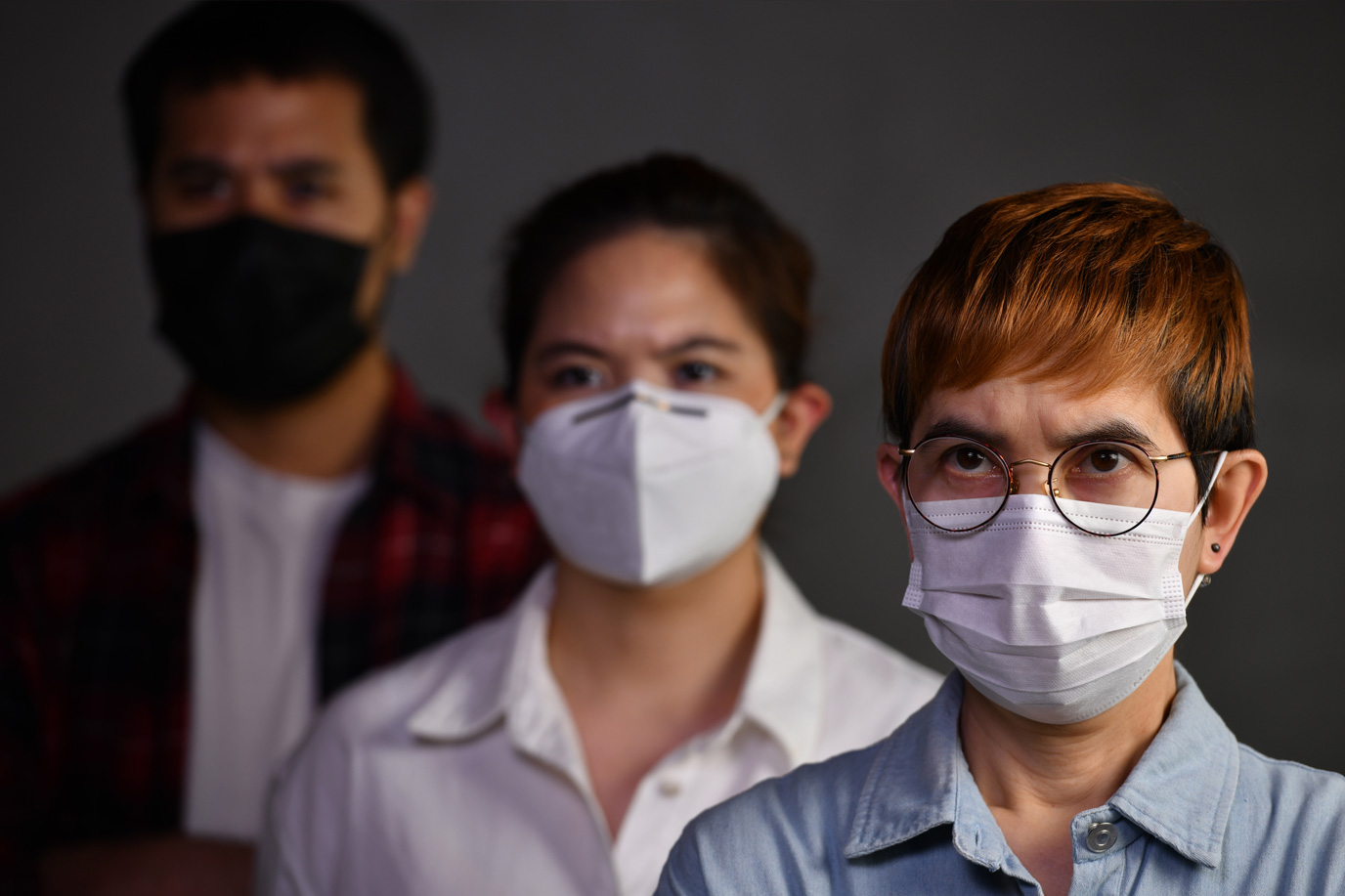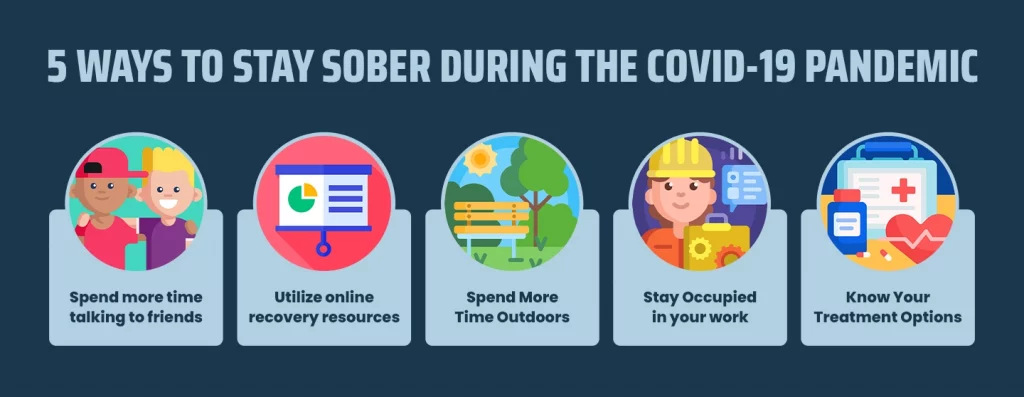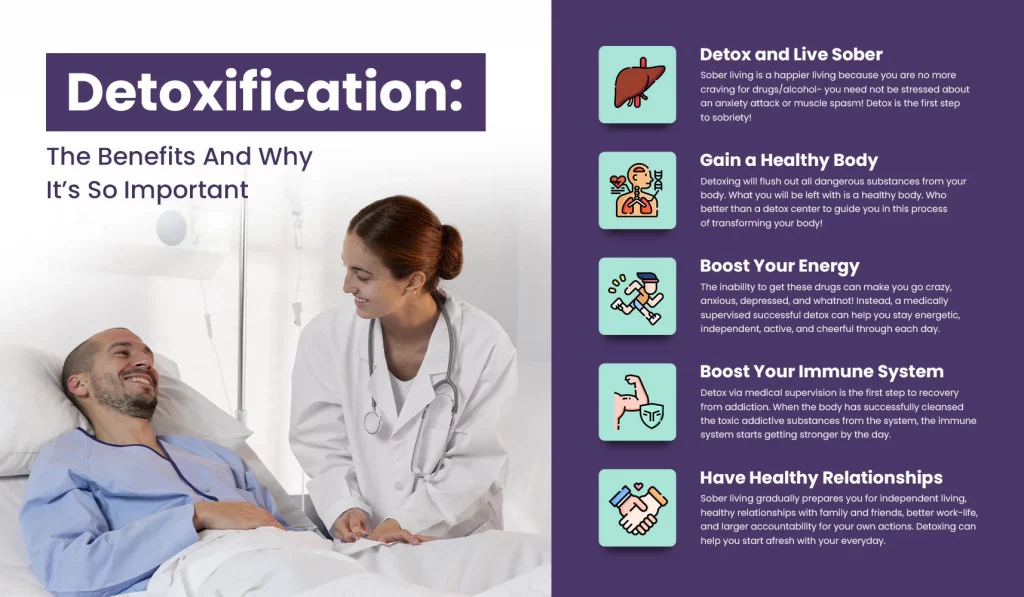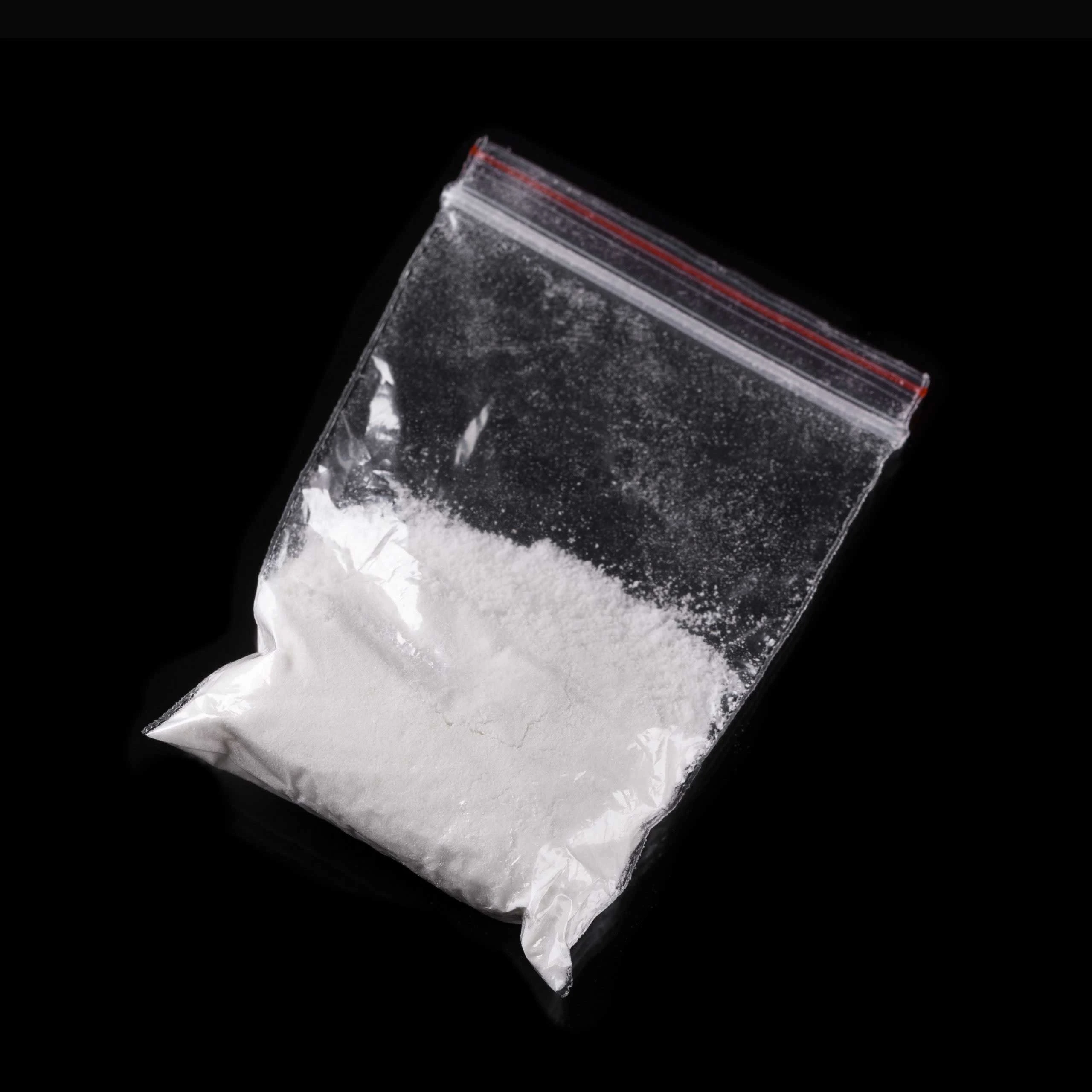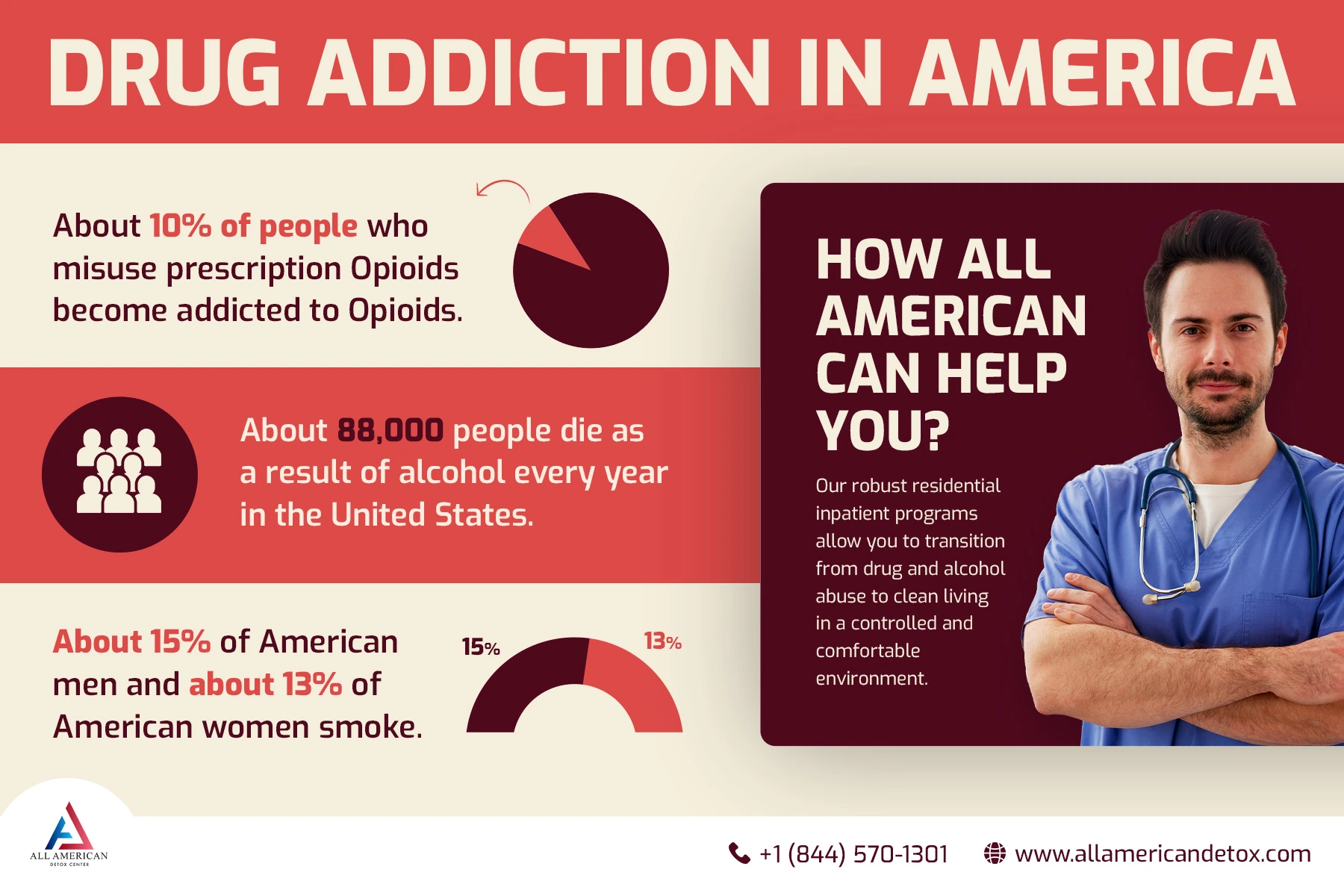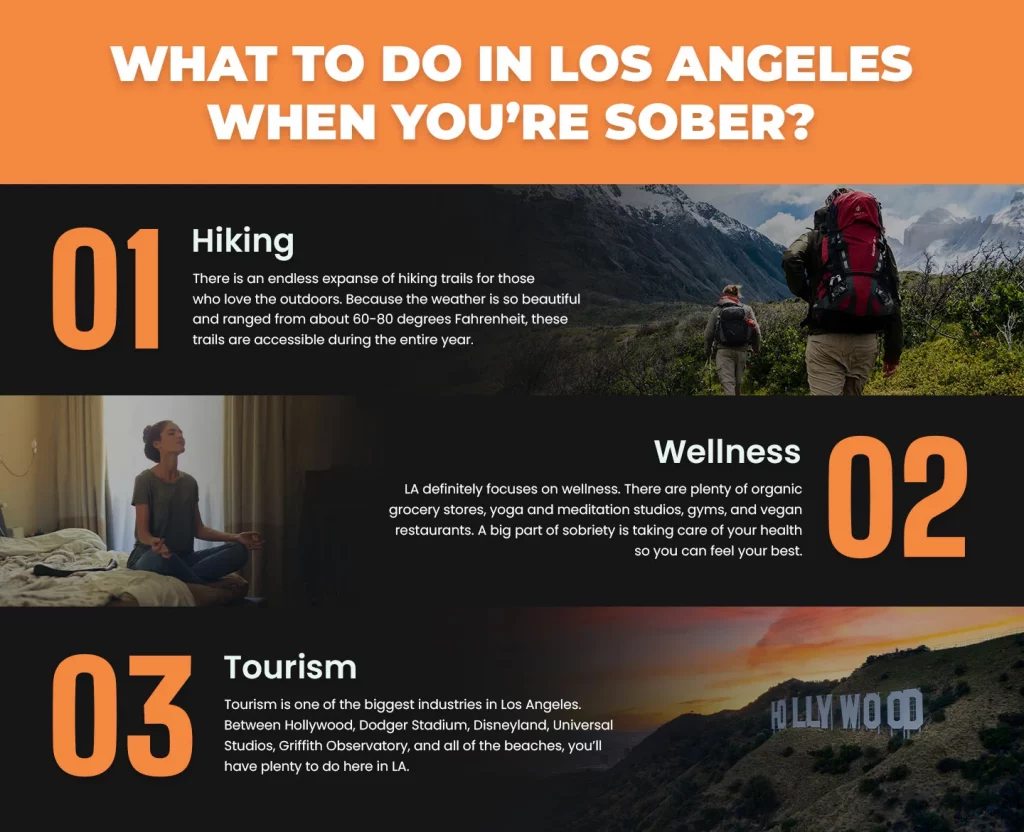Heroin is a highly addictive mind-altering drug that is made from morphine. Morphine is a natural substance that comes from the seed pod of an opium poppy plant. Heroin is sold illegally on the streets in several forms. One form of heroin is a white or brown powdery substance that gets snorted or smoked, while the other form is referred to as ‘black tar heroin’ due to its impurities making it a sticky dark substance that is injected into your veins. There are a lot of heroin overdose symptoms and signs.
Using heroin in any form creates feelings of euphoria and it’s for this reason that heroin becomes addictive to users and leads to overdose. When using heroin frequently, your body creates tolerance and therefore you will want to use heavier amounts of the drug.
The more frequently heroin is used, the higher the risk of showing heroin overdose symptoms and other side effects of heroin use. These Heroin Overdose Symptoms and Signs can be fatal and may have lasting impacts on your cognition, mood, physical health, and more.
If you’re struggling with drug or alcohol addiction Contact All American Detox Center is one of the leading drug alcohol detox center to learn about drug detoxification.
Heroin Overdose Signs and Symptoms
Heroin drug abuse and addiction have been on the rise, and so have heroin overdoses.
How do you know if you are addicted to heroin? Are there telltale signs and symptoms of heroin addiction that you should be aware of? Yes! Knowing the signs of addiction may be the first step in getting help. Addiction symptoms may lead to more detrimental overdose symptoms from heroin, and they will look different.
What does heroin addiction look like? If you are suffering from any of these below, it may be time to consider addiction treatment options.
- Increasing need for more privacy to use
- Quickly running out of money, or always borrowing money
- Looking high or sedated to others
- Nodding off from severe drowsiness
- Withdrawing from family
- Withdrawing from work or hobbies
- Hiding your use from family, friends, etc.
- Rapid weight loss that happens quickly
- Visible skin problems from the use
Heroin takes over a person’s life completely due to its highly addictive properties. It’s important to recognize the addiction and seek heroin addiction treatment from the best drug rehab center before more harm occurs to the abuser than the ones around the abuser.
Heroin Drug Abuse
In 2019, more than 14,000 individuals died from a heroin overdose in the United States So, why do people use heroin?
In addition to heroin’s quick effects, there are also feelings of intense pleasure, full-body warmth, calm feelings, and overall heavy feeling of the body, and an increased feeling of confidence and overall happiness.
Heroin use has decreased over the last few years but is still widely used due to it being easier to obtain than prescription opioids, and it is much cheaper to get on the streets. In addition to it being easier to obtain, some people think that pure heroin is safer because it doesn’t have to be injected, consequently this is not the case. Heroin has taken the lives of more than 14 thousand individuals and will take more lives each year.
According to the National Institute on Drug Abuse, heroin abusers are typically between the ages of 18 to 25 and in contrast, heroin use has declined in teens ages 12 to 17.
Signs of Heroin Overdose
Some signs of continued long-term use may include needle marks or bruising around injection sites, visible skin infections, heart problems, kidney/liver disease, and collapsed or broken veins from injecting heroin into the body.
With prolonged use, there is a much higher chance of overdose. When someone uses too much heroin their breathing becomes much slower to the point where breathing completely stops. Heroin is considered an opioid and opioids are known to reduce breathing and slow the central nervous system.
Heroin and other opioids may have similar-looking drug overdose symptoms. Many drug overdose symptoms and signs include a lowered respiratory system and risk for seizures and heart problems.
Some individuals are at higher risk for overdose such as:
- People who have reduced their tolerance or have been through detox treatment
- People who inject heroin rather than smoke or snort it
- People who take large quantities of other opioids
- People suffering from liver conditions such as hepatitis C, or HIV
- People who suffer from depression
- People who use heroin with a combination of other drugs
According to American Addiction Centers, most heroin users are single,
although many of the overdoses that occur, happen in front of someone else Knowing
the signs of a heroin overdose can potentially save a life. If you see someone showing
heroin overdose symptoms and signs, immediately call 911 for help and assistance.
Symptoms of Heroin Overdose
Heroin is a powerfully addictive drug that can cause frequent mood swings, medical problems, and even possible brain damage due to slowed breathing. Heroin abuse also has shown deterioration of white matter in the brain which is what regulates your decision-making and behaviors.
When you are using heroin chronically, your body creates a tolerance to the drug which will make you want to use higher doses to acquire the same effects. When the drug wears off, withdrawal starts up and these symptoms include restlessness, muscle and bone pain, insomnia, vomiting, and cold flashes.
According to American Addiction Centers, symptoms of heroin use vary depending on how much is used as well as how often it is used.
Immediate Symptoms
– Nausea
– Vomiting
– Itching
– Dry Mouth
Delayed Symptoms
– Feeling sleepy for hours
– Foggy mental state
– Slow breathing
– Slow heart rate
– Nodding off
If you use more than your normal amount or maybe use more frequently overdose will most likely occur. Furthermore, heroin overdose symptoms look like:
– Shallow breathing
– Gasping for air
– Very pale skin
– Blue tint to lips and nails
– Discolored tongue
– Pinpoint pupils
– Weak pulse
– Lowered blood pressure
– Changes in mental state
– Constipation
– Seizures/ spasms
– Nausea/ vomiting
– Coma
– Inability to stay awake
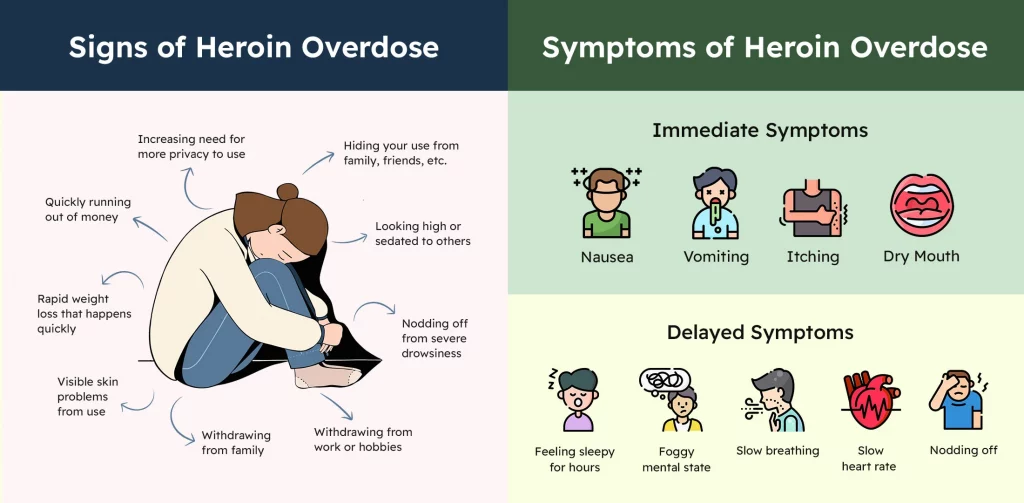
Heroin Overdose Treatment
Heroin addiction is a chronic disease, and like many chronic disorders, it can be treated. Recognizing your addiction is the first step, and it may be followed with an intervention or simply by entering a treatment facility. Heroin drug addiction treatment includes medical detox and inpatient services.
The goal of treatment is to not only get you sober but to restructure the brain and teach you healthy coping skills you get through the stressors of daily life.
What happens when you detox?
Your body will go through heroin use withdrawal and during this withdrawal, you will be under round-the-clock medical supervision while also being given medications like methadone to treat these symptoms. Drug detox centers are designed with you in mind and are equipped with the tools and skills to help you start treatment.
After you detox and no longer have heroin in your body, it will be time to start behavioral and cognitive therapy at an appropriate drug rehab center best fit for your needs where you can live at the site and join 12 step meetings as well as support group therapy.
Get Help Now at All American Detox
If you have suffered from any of the above information on heroin addiction, it may be seriously time to get yourself or your loved one help. Chronic diseases like addiction, even heroin addiction, can be treated.
All American Detox Center – A residential inpatient drug rehab center can provide you with personalized luxury detox services and medically trained staff who are ready to help you on your road to recovery.
Not only do they provide detox services, but at their center, they also provide inpatient rehabilitation. They only take about 6 patients at a time as a way to stay dedicated to your personal needs and really focus on you and your treatment plan.
You can contact All American Detox today by visiting their website here at Alcohol & Drug Rehab Center Los Angeles CA. They are currently adhering to all Covid-19 safety restrictions and are also currently accepting new clients. Call them today at for more assistance.

